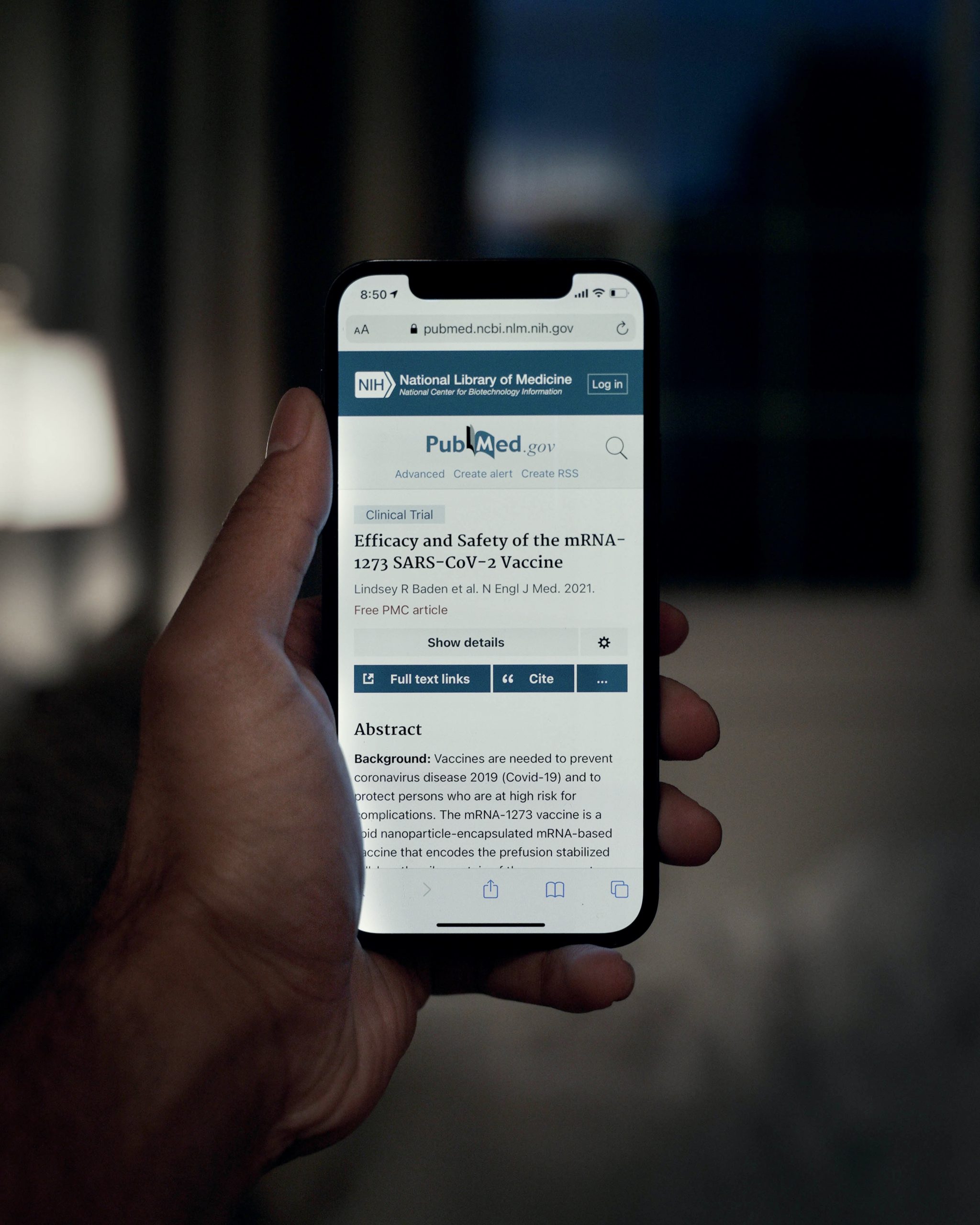Are you curious about whether or not you can take palmitoylethanolamide (PEA) with antidepressants? PEA, a naturally occurring fatty acid amide, has gained attention for its potential therapeutic properties. It is often referred to as a “nutraceutical” or a “dietary supplement” due to its status as a naturally occurring compound. In this article, we will explore whether or not it is safe to combine PEA with antidepressants and provide you with all the information you need to make an informed decision about your health. So, let’s dive in and find out the answer to the question: Can you take PEA with antidepressants?
What is Palmitoylethanolamide (PEA)?
Definition of PEA
Palmitoylethanolamide (PEA) is a naturally occurring fatty acid amide that belongs to the family of endocannabinoids. It was first isolated from soybean lecithin in the 1950s and has since gained attention for its potential therapeutic properties. PEA is synthesized in various tissues of the body, especially in response to inflammation and pain, and is thought to play a role in modulating the immune response and promoting homeostasis.
Origins of PEA
PEA is often referred to as a “nutraceutical” or a “dietary supplement” due to its status as a naturally occurring compound. It is not considered a traditional pharmaceutical drug, but rather a compound that might have health benefits, especially in the context of managing chronic pain and inflammation.
Synthesis and Function of PEA
PEA is synthesized in the body through enzymatic reactions involving several biochemical pathways. It is primarily produced in response to cellular stress, inflammation, and injury. Once synthesized, PEA acts on various receptors in the body, including cannabinoid receptors, to exert its therapeutic effects. These effects are thought to include pain relief, anti-inflammatory properties, and immune modulation.
Understanding Antidepressants
Types of Antidepressants
There are several types of antidepressant medications that are commonly prescribed. These include selective serotonin reuptake inhibitors (SSRIs), tricyclic antidepressants (TCAs), monoamine oxidase inhibitors (MAOIs), and others. Each type of antidepressant works differently in the body to alleviate the symptoms of depression.
Mechanism of Action
Antidepressants work by altering the levels of certain neurotransmitters in the brain, such as serotonin, norepinephrine, and dopamine. By modulating these neurotransmitters, antidepressants help regulate mood and treat the symptoms of depression. The specific mechanism of action varies depending on the type of antidepressant.
Common Side Effects
Like any medication, antidepressants can have side effects. These may include but are not limited to nausea, dizziness, weight gain, sexual dysfunction, and changes in sleep patterns. It is important to discuss potential side effects with a healthcare professional to determine the best course of treatment.

Interactions Between PEA and Antidepressants
Overview of Possible Interactions
The potential interactions between PEA and antidepressants are an area of ongoing research. PEA has been shown to have a variety of effects in the body, including modulating inflammation and pain, which could potentially interact with the mechanisms of action of antidepressant medications. It is important to note that individual responses to these interactions may vary.
Studies on PEA-Antidepressant Interactions
Research on the specific interactions between PEA and antidepressants is limited. However, some studies have suggested that PEA may enhance the effects of certain antidepressants, leading to improved treatment outcomes. Further research is needed to fully understand the potential benefits and risks of combining PEA and antidepressant medications.
Safety Considerations
Potential Risks of Combining PEA and Antidepressants
While the combination of PEA and antidepressants may have potential benefits, there are also potential risks to consider. The interaction between these two substances could potentially lead to increased side effects or alter the effectiveness of the medications. It is important to consult with a healthcare professional before combining PEA and antidepressants.
Proper Administration and Dosage
When combining PEA and antidepressants, it is crucial to follow the prescribed dosage instructions for both medications. Taking more than the recommended dosage can increase the risk of side effects or potential interactions. It is also important to note that individual responses to these medications may vary, so it is essential to work closely with a healthcare professional to determine the appropriate dosage.
Consulting a Healthcare Professional
Before starting any new medication or supplement, including PEA or antidepressants, it is important to consult with a healthcare professional. They can evaluate your specific health situation, consider potential interactions, and provide personalized recommendations based on your individual needs.

Effectiveness of PEA and Antidepressants Combination
Benefits of Using PEA and Antidepressants Together
The combination of PEA and antidepressants may offer several potential benefits. PEA has been shown to have anti-inflammatory and pain-relieving properties, which may complement the effects of antidepressant medications. Additionally, some studies have suggested that PEA may enhance the effectiveness of certain antidepressants, leading to improved treatment outcomes.
Case Studies and Clinical Trials
While research on the combination of PEA and antidepressants is limited, there have been some case studies and clinical trials that provide promising results. These studies have reported improved symptom relief and treatment outcomes in individuals who used PEA alongside their antidepressant medications. However, further research is needed to establish the effectiveness and safety of this combination.
Potential Synergistic Effects
How PEA and Antidepressants Work Together
The specific mechanisms by which PEA and antidepressants work together are not yet fully understood. However, it is believed that PEA may enhance the effects of antidepressants by modulating inflammation, pain, and immune responses in the body. This synergistic effect may result in improved symptom relief and overall treatment outcomes.
Enhanced Benefits of Dual Treatment
Combining PEA and antidepressants may provide enhanced benefits compared to using either treatment alone. The anti-inflammatory and pain-relieving properties of PEA, combined with the mood-regulating effects of antidepressants, may offer a more comprehensive approach to managing depression and related symptoms. However, individual responses may vary, and it is important to work closely with a healthcare professional to determine the best treatment plan.

Specific Antidepressant-PEA Combinations
Selective Serotonin Reuptake Inhibitors (SSRIs)
SSRIs are a commonly prescribed class of antidepressants that work by increasing the levels of serotonin in the brain. There is limited research on the specific interactions between SSRIs and PEA, but some evidence suggests that combining PEA with SSRIs may have potential benefits. However, more studies are needed to confirm these findings.
Tricyclic Antidepressants (TCAs)
TCAs are another class of antidepressants that work by increasing the levels of neurotransmitters in the brain. Like SSRIs, there is limited research on the interactions between TCAs and PEA. It is important to consult with a healthcare professional before combining these medications to ensure safety and effectiveness.
Monoamine Oxidase Inhibitors (MAOIs)
MAOIs are a type of antidepressant that work by blocking the enzyme monoamine oxidase, which breaks down neurotransmitters in the brain. The potential interactions between MAOIs and PEA are not well-studied. Due to the potential for serious interactions, MAOIs are generally prescribed with caution and close monitoring, and combining them with PEA should be done under medical supervision.
Other Antidepressant Classes
There are various other classes of antidepressant medications, such as serotonin-norepinephrine reuptake inhibitors (SNRIs) and atypical antidepressants. The interactions between these medications and PEA are not well-understood, and it is important to consult with a healthcare professional before combining any antidepressant medication with PEA.
Considerations for Individuals Taking PEA and Antidepressants
Individual Variations and Reactions
Individual responses to the combination of PEA and antidepressants may vary. Factors such as underlying health conditions, medication history, and individual biochemistry can influence the effectiveness and safety of the combination. It is important to work closely with a healthcare professional to monitor individual reactions and adjust the treatment plan as necessary.
Personalized Treatment Plans
Each individual’s treatment plan should be personalized based on their unique needs and medical history. A healthcare professional can evaluate the individual’s condition, assess potential interactions, and make recommendations based on the available evidence and best practices. It is important to communicate openly and honestly with the healthcare professional to ensure the best possible treatment outcomes.
Monitoring for Side Effects
When combining PEA and antidepressants, it is crucial to monitor for any potential side effects or adverse reactions. Regular check-ins with a healthcare professional can help identify and address any issues that may arise. If any concerning side effects occur, it is important to seek immediate medical attention.
PEA Dosage and Interactions
Optimal PEA Dosage
The optimal dosage of PEA can vary depending on the individual and their specific health condition. It is important to follow the recommended dosage instructions provided by the manufacturer or healthcare professional. Starting with a lower dosage and gradually increasing it, if needed, can help minimize the risk of side effects and determine the most effective dosage for each individual.
PEA Interactions with Other Medications
In addition to antidepressants, PEA may interact with other medications. It is important to inform a healthcare professional about all medications, including over-the-counter drugs and supplements, in order to evaluate potential interactions. Adjustments to medication dosages or schedules may be necessary to avoid adverse effects.
PEA-Food Interactions
PEA is generally considered safe to take with or without food. However, certain foods or dietary patterns may affect the absorption or metabolism of PEA. It is advisable to follow the instructions provided by the manufacturer or healthcare professional regarding the administration of PEA with respect to food.
Conclusion
Summary of Findings
Palmitoylethanolamide (PEA) is a naturally occurring fatty acid amide that has gained attention for its potential therapeutic properties. It is synthesized in the body in response to inflammation and pain and plays a role in modulating the immune response. Antidepressant medications, on the other hand, work by modulating neurotransmitter levels in the brain to alleviate symptoms of depression.
Combining PEA with antidepressants may offer potential benefits, such as enhanced treatment outcomes and improved symptom relief. However, individual responses and interactions may vary, and it is important to consult with a healthcare professional before starting or modifying any treatment plan.
Final Recommendations
When considering combining PEA with antidepressant medications, it is important to prioritize safety and effectiveness. Working closely with a healthcare professional will ensure personalized treatment plans, proper dosage recommendations, and monitoring for side effects. While research on the specific interactions between PEA and antidepressants is limited, early studies suggest potential synergistic effects. Further research is needed to establish the optimal combination and dosage for different individuals.







